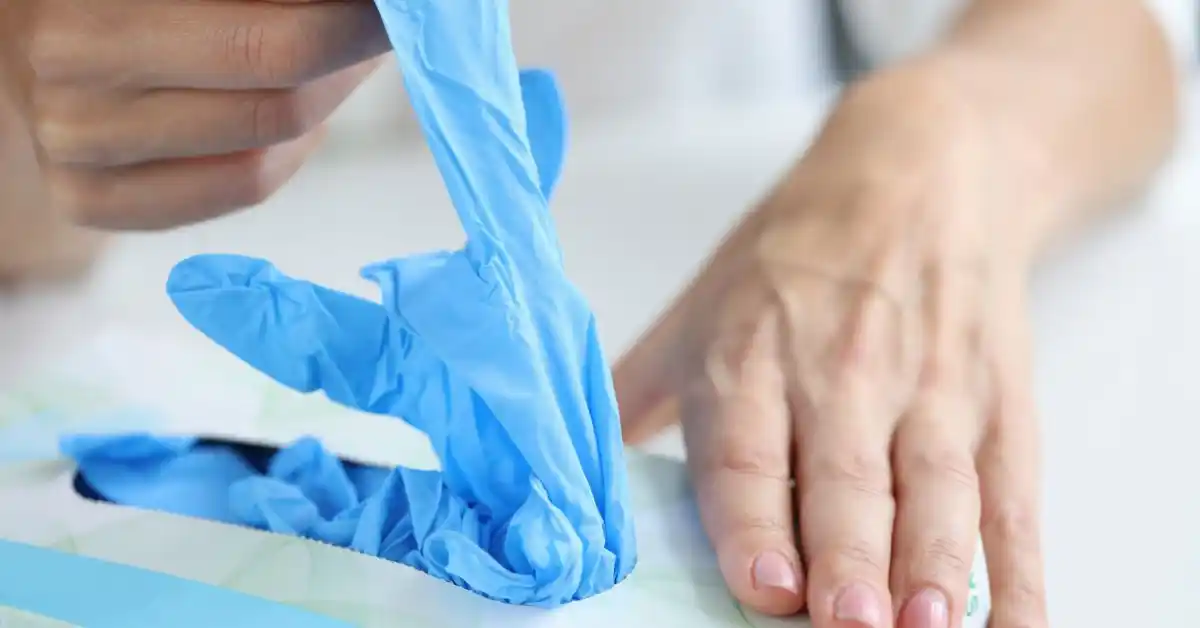
Why Do Gloves Expire? Understanding the Lifespan and Importance of Proper Use
The Science Behind Glove Expiration: What Happens Over Time? Understanding the science behind glove expiration is crucial for anyone who relies on them, whether in
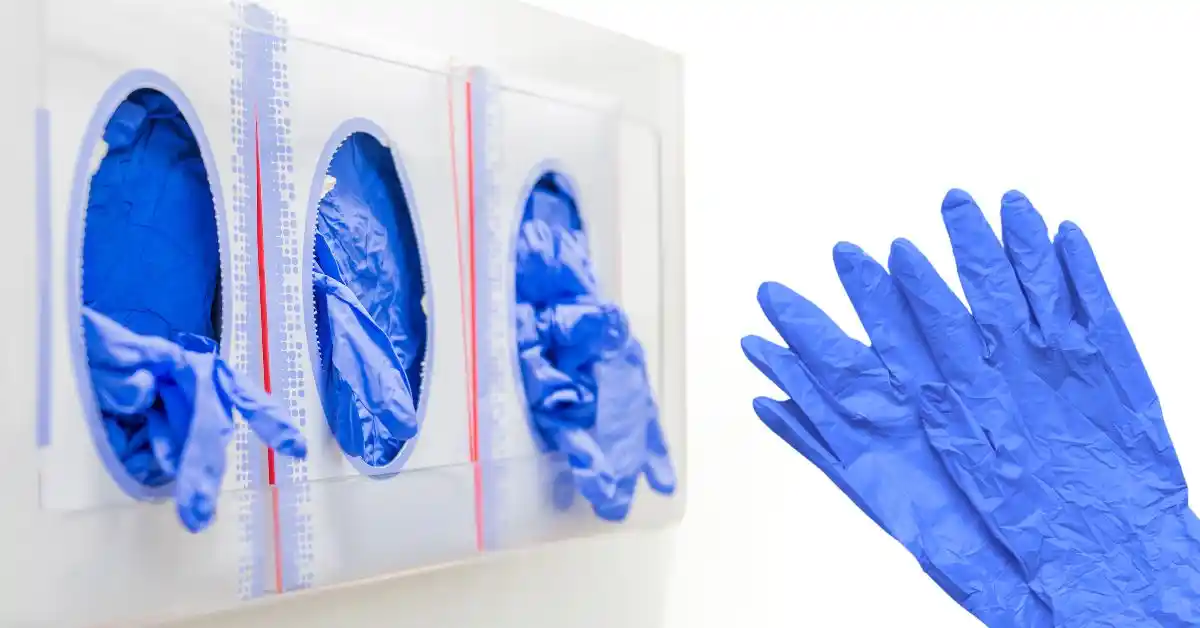
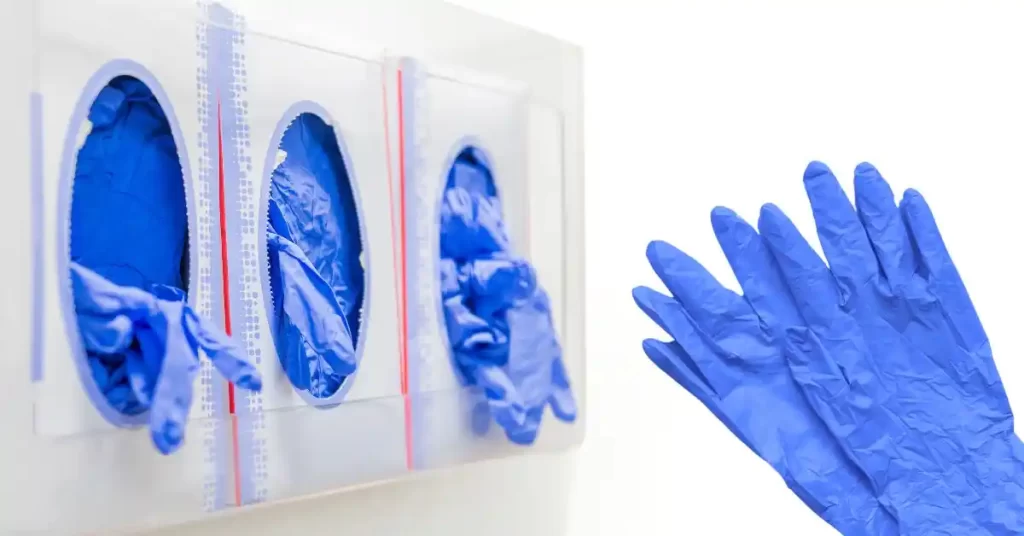
Understanding the expiration dates of medical gloves is crucial for ensuring safety and efficacy in healthcare settings. Many may wonder, “Do medical gloves expire?” The answer is a resounding yes. Medical gloves are manufactured with specific materials that can degrade over time, leading to compromised integrity and protection.
The importance of adhering to expiration dates cannot be overstated. Using expired gloves can pose significant risks, including increased chances of tears or punctures during procedures, which could expose both healthcare providers and patients to harmful pathogens. Furthermore, expired gloves may not provide the intended barrier against contaminants, undermining infection control protocols.
Healthcare facilities must prioritize regular inventory checks and training staff on the significance of expiration dates. By doing so, they ensure that only safe, effective gloves are used in patient care situations. Ultimately, being vigilant about expiration dates is not just a matter of compliance; it’s an essential aspect of maintaining high standards in patient safety and care quality.
When it comes to medical gloves, understanding their shelf life is crucial for ensuring safety and effectiveness in healthcare settings. One of the most pressing questions that arises is: do medical gloves expire? The answer is yes, they do have a finite shelf life influenced by several factors.
Firstly, glove material degradation plays a significant role in determining how long gloves remain viable for use. Most medical gloves are made from materials like latex, nitrile, or vinyl, each with its own degradation timeline. With time, environmental factors can cause these materials to break down, weakening their structural integrity and protective abilities.
Storage conditions also significantly impact the shelf life of medical gloves. Gloves need to be kept in a cool, dry area, shielded from direct sunlight and extreme temperatures. High humidity or excessive heat can accelerate material degradation and reduce the effectiveness of the gloves.
Lastly, always check the manufacturing date on the packaging. Medical gloves typically have an expiration date printed on them; using them beyond this date can pose serious risks to patient safety and health care compliance.
In conclusion, understanding the expiration dates of medical gloves is vital for ensuring safety and efficacy in healthcare environments. Medical gloves do indeed expire, and their effectiveness can be compromised due to material degradation influenced by factors such as storage conditions and manufacturing dates. The risks associated with using expired gloves—such as increased chances of tears or inadequate protection against contaminants—underscore the importance of adhering to these dates. Healthcare facilities must prioritize regular inventory checks and staff training on this critical aspect of patient care. Ultimately, vigilance regarding glove expiration is not merely a compliance issue; it is crucial for upholding high standards in patient safety and delivering quality care. By recognizing the significance of expiration dates, healthcare providers can better protect both themselves and their patients from potential harm.

The Science Behind Glove Expiration: What Happens Over Time? Understanding the science behind glove expiration is crucial for anyone who relies on them, whether in

The Importance of Knowing Expiration Dates for Medical Gloves Understanding the expiration dates of medical gloves is crucial for ensuring safety and efficacy in healthcare
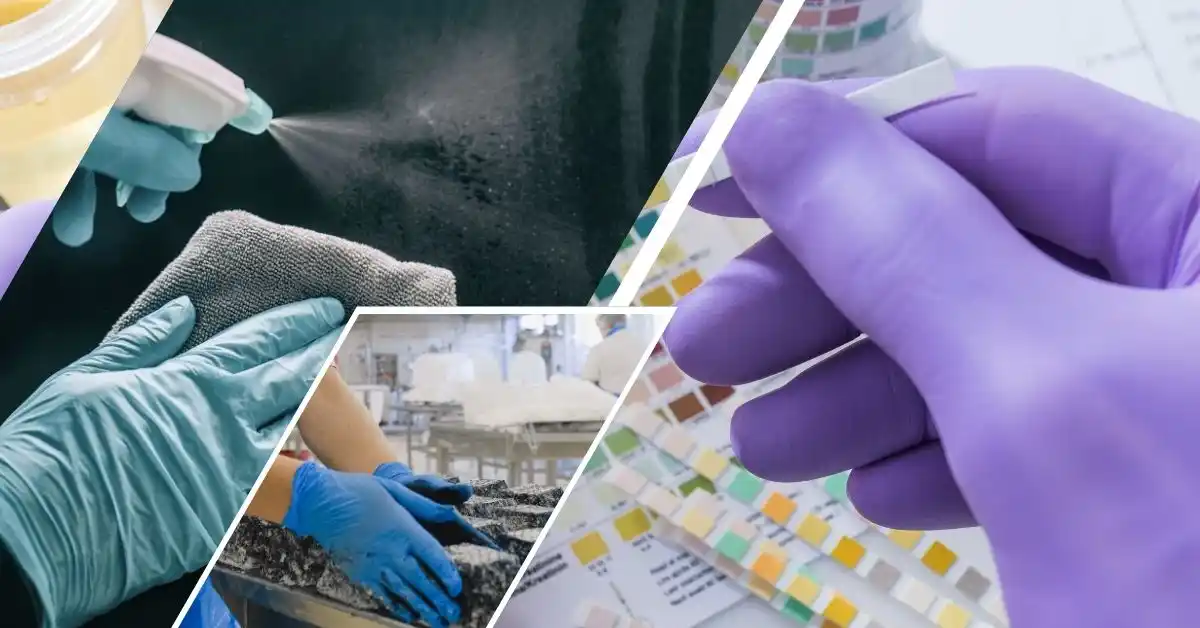
Healthcare Professionals: The Primary Users of Nitrile Gloves In the realm of personal protective equipment (PPE), nitrile gloves stand out as a crucial component, particularly
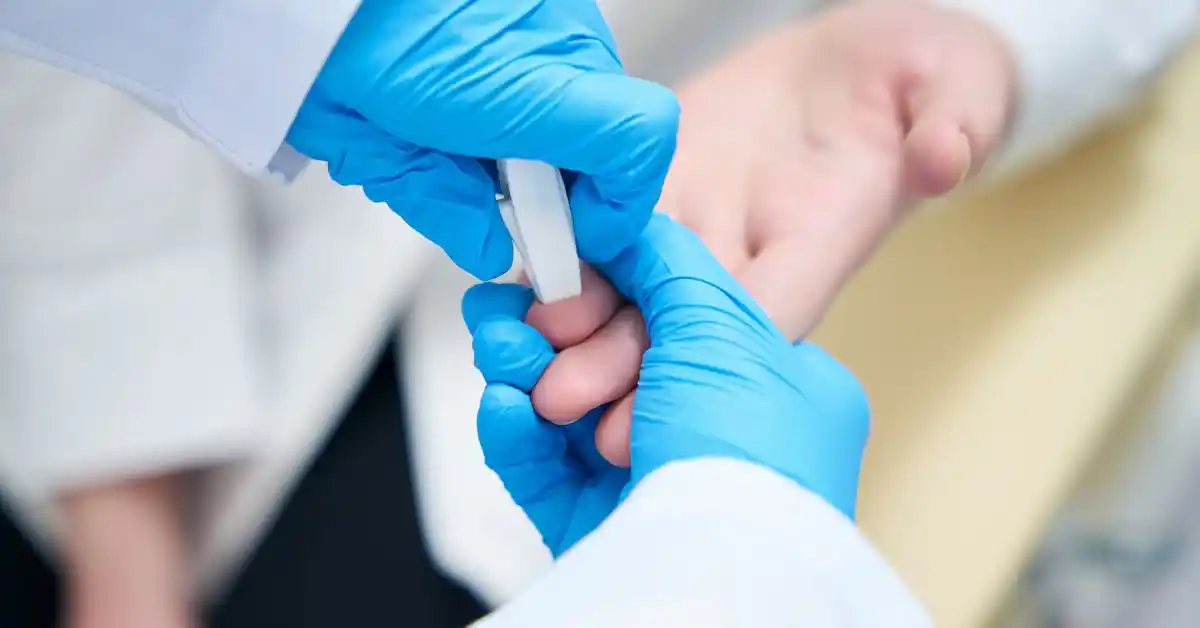
Understanding Puncture Resistance: What It Is and Why You Need It Understanding puncture resistance is crucial for anyone who prioritizes safety in their work environment.
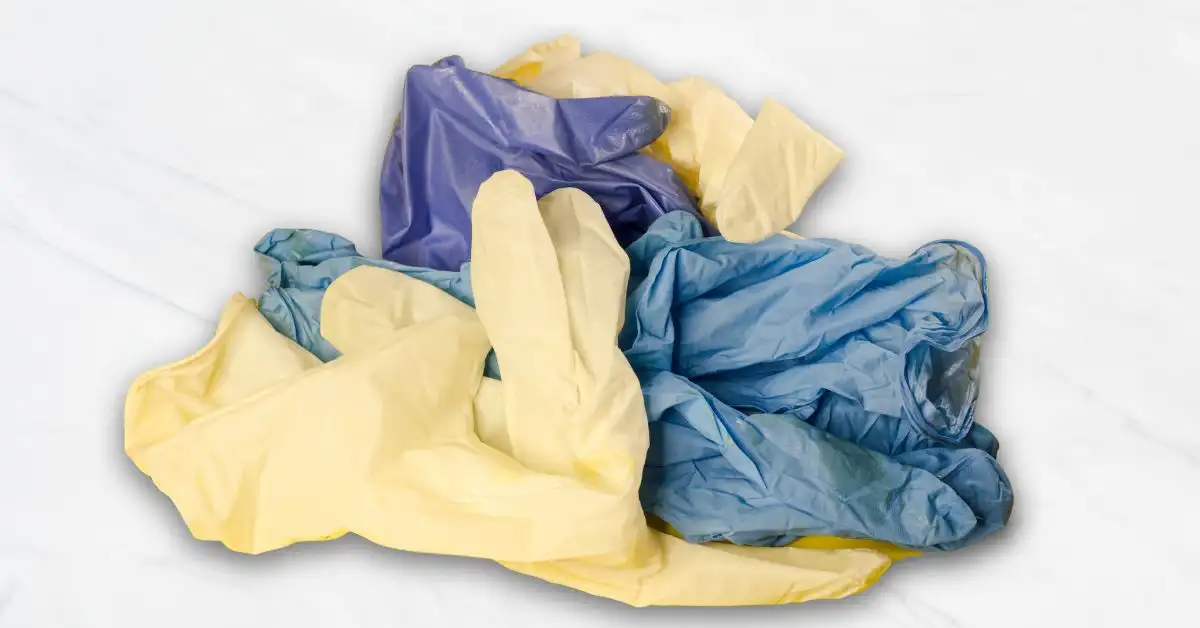
The Origins of Surgical Gloves: A Historical Overview The origins of surgical gloves can be traced back to a pivotal moment in medical history that
Driven by a passion for excellence, our mission is to consistently deliver the highest quality products at the most affordable prices. We aim to exceed customer expectations, creating value and trust.
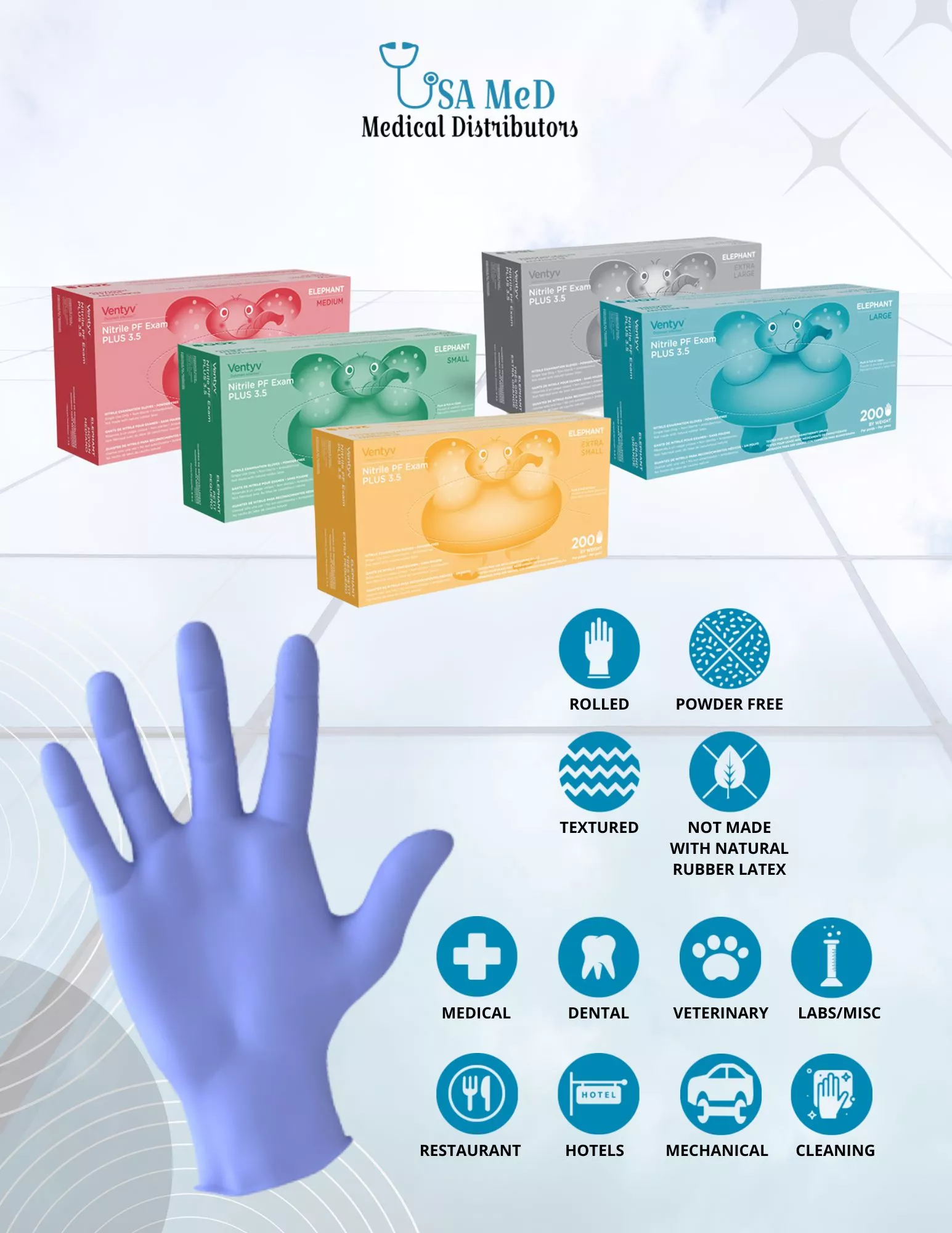
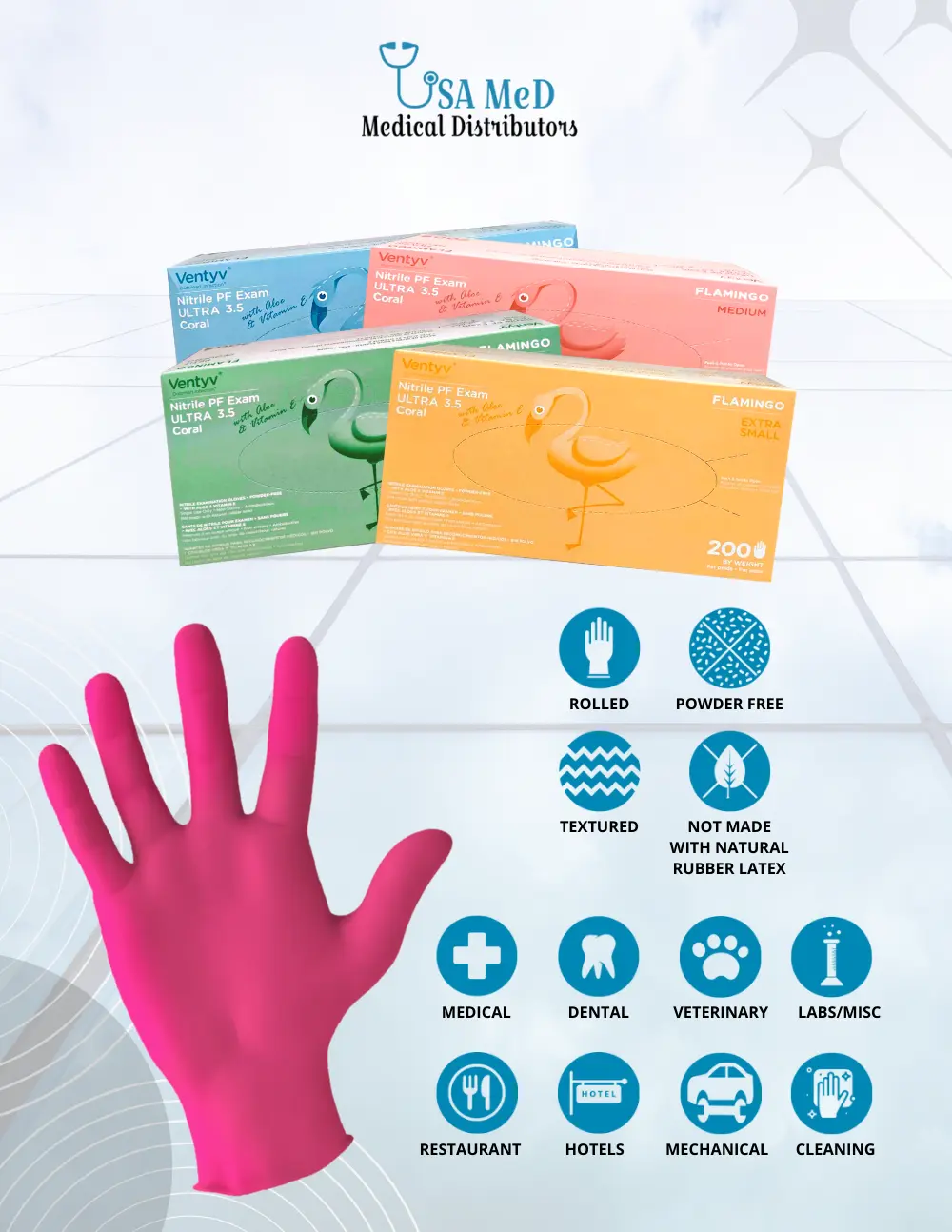
Phone Number: (239) 266 -1290
Email Addresses:
sales@usamedicaldistributors.com
customercare@usamedicaldistributors.com
Mailing Address :
501 Goodlette, Frank Rd N A105, Naples, FL 34102
Copyright 2022 – 2024. USAMED Medical Distributors. All rights reserved.
Privacy Policy | Return and Refund Policy
| Website by M. Escober